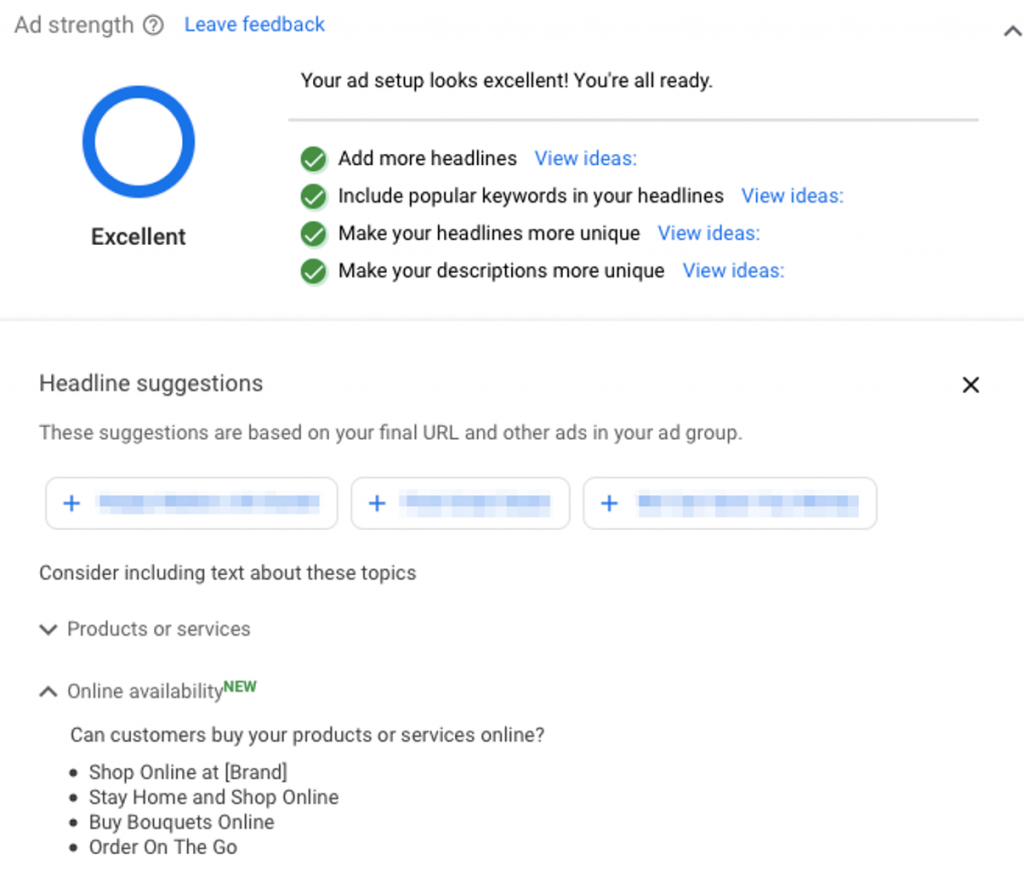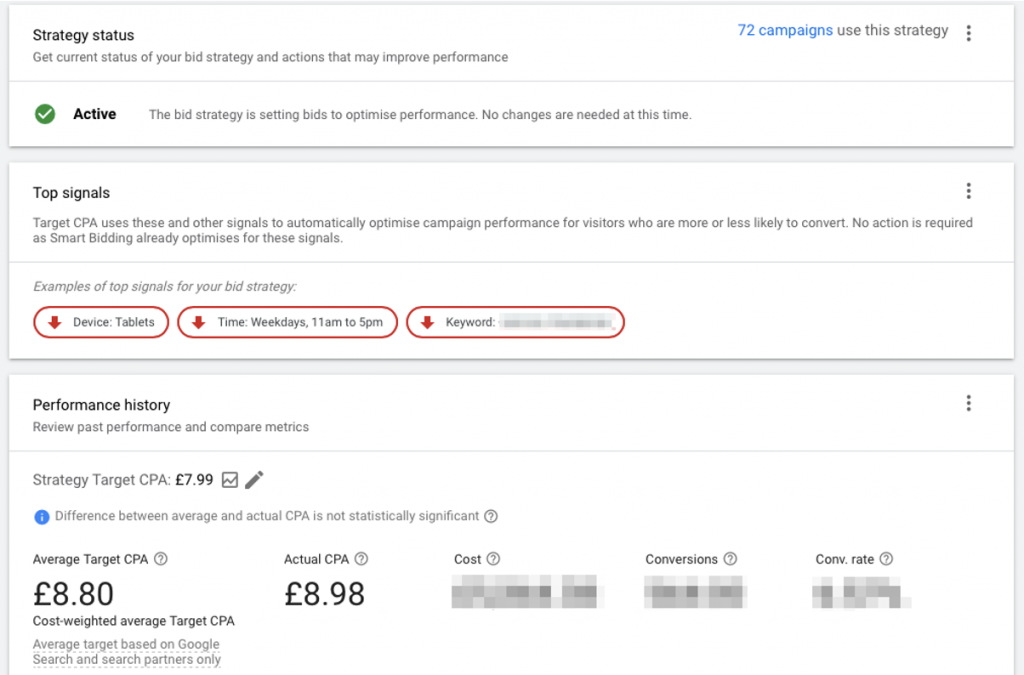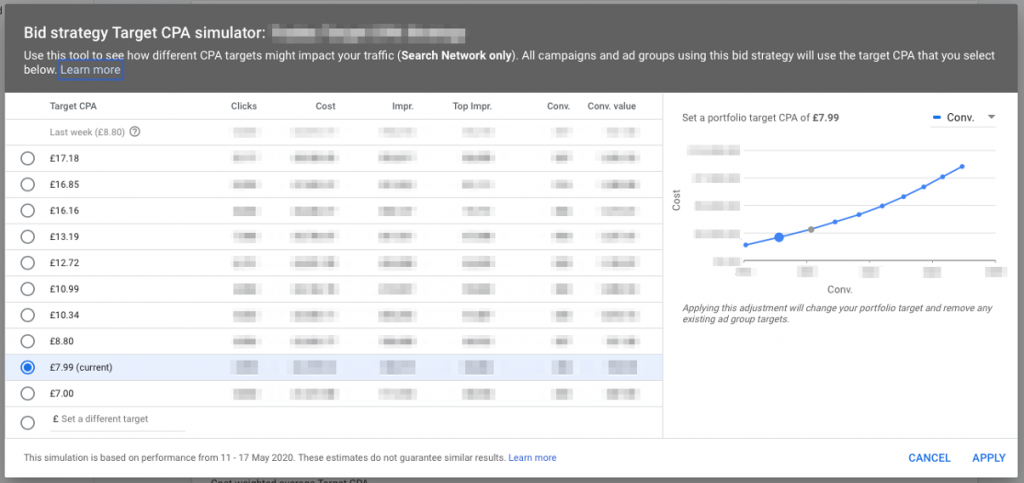The robots have almost defeated us at PPC and that’s actually a really good thing.
The world of PPC is often fraught with inadequacies, thanks largely in part to the fact that we are human. The volume of data that a computer can process in a short space of time is much larger than any human could realistically analyse. The amount of data now available to us for a single keyword, let alone a campaign or even an account of thousands of keywords, is vast; with device, location and audience signals, we haven’t just been looking at a keyword bid in isolation for a long time and with every addition of new user signals, the puzzle just gets more complicated.
Automation for some is a taboo subject, with many believing that it simply doesn’t do as good a job as us. A standard day for a PPC’er would be made up of bid optimisation, adjusting ad copy and completing tasks that, in the past, computers haven’t been all that great at. It’s these past experiences that can make it hard to trust and hand over control to algorithms with new methods of automation appearing all the time.
Ad-copy is still widely seen as a human job, but now AI assistance is becoming more common thanks to smarter thinking and a better understanding of user queries and a company’s brand.
What is Automation?
There are countless mundane tasks which take up a considerable amount of time for PPC specialists day-to-day, taking time away from developing effective strategies and ensuring your business is getting the best possible ROAS (return-on-ad-spend) or CPA (cost-per-acquisition).
PPC automation can help a business lower their CPC (cost-per-click), increase CTR (click-through-rate), improve quality scores and manage keyword bidding as well.
In search, Google reigns supreme with 88% of search market share if you also include YouTube and Google Images results. The rest of the space is taken up by the likes of Bing, Yahoo, Facebook, Amazon, Twitter, Pinterest and DuckDuckGo.
While the Google algorithms aren’t yet able to know every nuance of an account, there are ways you can build varying strategies that can benefit your business objectives, whether that be revenue or prospective client enquiries.

What are the Main Benefits of PPC Automation
The key benefit of automation is, of course, time saving. In a world where we’re constantly time-poor and having to make trade-off decisions on the value of our time, anything that can help speed up delivery is great. By taking away mundane, repetitive tasks, you could be allowing a PPC specialist the headspace to think strategically and test new innovations.

Beyond just time saving, automation can also enable more complex bidding. The automation provided by Google Ads enables targeting across a more detailed range of criteria, based on signals of searcher behaviour, rather than a static set of demographics programmed by the account owner. The automated bidding then will adapt to change bids at a quicker rate and will continually optimise, allowing dynamic targeting rather than optimisation only taking place during the work day. By using this more granular level of bid adjustments, there can be a more efficient use of budget enabling you to get more from your PPC campaigns.
Not everyone in the same postcode behaves the same, just as not every woman aged 25 – 34 wants the same product when they search for ‘summer dresses’. With increased complexity of user behaviour, the tools we use to make sure we’re reaching the right audience at the right time have to be more complex too and with auction-time bidding available to us it doesn’t make sense to rely solely on bid modifiers to adjust to our audience anymore.
Further from automation just helping with bidding, it will also help with the optimisation of ad copy too. Responsive ads (both search and display) enable the testing of a huge combination of messaging and creative options, then the perfect mix is found by automation. This is an example of combining the human brilliance of design and creativity with automation to get the best outcome for the ad account. Automation here reduces the effort required for manual, sequential A/B tests and simply finds the best ad to use for different users.
The Limitations of PPC Automation
Although there are some great benefits, there are also some key limitations that should be outlined when speaking about automation. The first of which, is the bidding strategy (CPA, Position, ROI), must be determined for the algorithm to deliver against. A PPC specialist should select the most appropriate strategy for the account, which comes with the experience of using the strategies previously and understanding the client objectives.

On top of this, automation cannot take the place of a thorough performance review and audit. A machine will miss the nuances on an account and may need more data fed back to it before it can truly optimise independently. To understand true performance, manual reviews of which elements of the account are working and which to pivot will be key to maintaining ongoing success.
Automation will also not conform to brand guidelines. If you’re working in a niche space where brand tone of voice trumps performance metrics, it’s essential that you monitor the ad copy created. Typically if the initial ads created match your brand voice, then Google cannot stray too far from these when creating the best performing combinations and proposing new ad copy – however if brand is everything, avoid automating any creativity here.
Finally, automation is only as good as the data that we put into it. When not every conversion or lead is created equal, especially in the B2B world where the sales process continues beyond a form fill or live chat, it is important to feed the automation with as much data as we can. Whether that is connecting back the final value of a sale that happens offline or tracking other touch-points in a user’s journey more likely to lead to a valuable conversion, it’s necessary to give the algorithms the best chance to understand the wider picture.
Proceed with Caution
So what does all this mean? Should we be taking a gamble and automating everything in order to allow us the freedom to experiment – or do we stay cautious and avoid automated solutions for fear of mistakes? Unfortunately, the answer is not black and white.
We cannot simply dismiss automation due to the huge advantages that it can deliver when executed well, and likewise we cannot rely solely on automation when in its current form it cannot understand the full nuances of an account. Successful PPC management should strike a balance; combining technically excellent automation with human brilliance.


